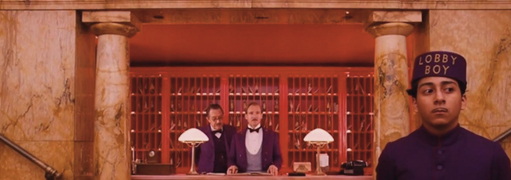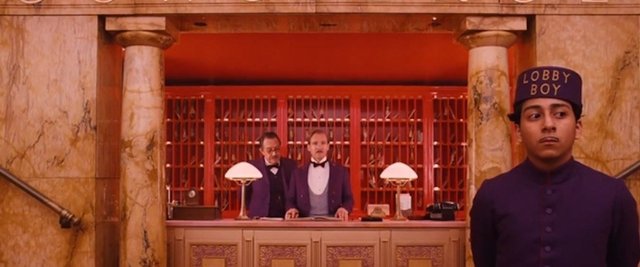Film Review: Wes Anderson’s Screwball Caper The Grand Budapest Hotel Finds The Art In Artifice
Wes Anderson’s Screwball Caper Finds The Art In Artifice


“Welcome to the Grand Budapest Hotel. May we make you uncomfortable?”


